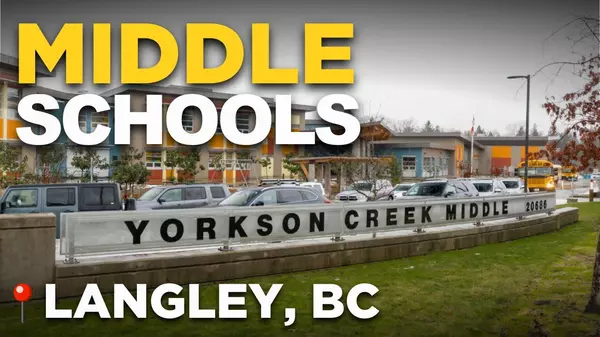Closing Costs Explained: Buying a Home in Canada
The Essential Guide to Understanding Closing Costs in BC
Buying a home is an exciting journey, but navigating the financial aspects can be a daunting task. From down payments to closing costs, understanding what you'll need to budget for can greatly influence your buying experience. This guide will break down the various costs associated with purchasing a home and provide valuable insights to help you plan effectively.
Understanding the Main Costs of Home Buying
When you embark on the quest to purchase a home, it's vital to understand that the two largest expenses you can expect are the down payment and the myriad of closing costs that accompany the transaction.
1. Down Payment
Definition: The down payment is the initial upfront payment made when buying a home, often expressed as a percentage of the purchase price.
- Typical Amount: This can range anywhere from 5% to 20% or more, depending on various factors including lender requirements and personal financial situations.
- Benefit: A larger down payment can lower your monthly mortgage payments and potentially eliminate the need for private mortgage insurance (PMI).
2. Closing Costs
These represent the various fees required to finalize the purchase of a home.
- What Are Closing Costs?: These are additional costs over and above the mortgage and down payment.
- Property Transfer Tax: One of the largest components of closing costs, calculated based on the purchase price.
- Rates:
- 1% on the first $200,000
- 2% on the amount between $200,000 and $2 million
- 3% on the portion over $2 million
- Additional 2% on residential properties over $3 million
- Rates:
Example Calculation:
- For a property priced at $1 million:
- Total tax = 2% of $1 million = $20,000
- After the exemption $$2,000, the final transfer tax is $18,000.
Understanding Exemptions
Certain circumstances allow for exemptions from property transfer taxes. Being aware of these can save you a significant amount of money.
- First-Time Home Buyers:
- Entirely exempt for purchases under $500,000.
- Partial exemption available for properties between $500,000 and $525,000.
- New Builds:
- Exempt for properties priced under $750,000.
- Partial exemptions go up to $800,000.
Changes in Exemptions (Effective April 1, 2024)
Upcoming changes to these exemption amounts can provide further relief to homebuyers:
- Resale Properties:
- Exemption threshold will increase to $835,000, with partial exemptions up to $860,000.
- Pre-Construction/New Builds:
- Exemption increased to $1.1 million, with partial exemptions up to $1.15 million.
Additional Costs to Consider
3. Legal and Inspection Costs
- Lawyer/Notary Fees: Generally around $1,500. It's advisable to hire a lawyer, as they can provide legal representation in case of any issues during the transaction.
- Home Inspection: Expect to spend between $300 and $1,100, depending on the home size and complexity.
- Appraisal Costs: Typically range from $300 to $500, often covered by your lender.
4. Moving Costs
- Potential Costs: Moving expenses can vary significantly. You might choose to rent a truck (like a U-Haul) and enlist friends to save costs or hire professional movers.
- Condo Move-in Costs: On average, this could be around $200, which many condo buildings charge for usage of elevators and hallways.
Financial Preparation: Savings Before You Buy
5. GST (Goods and Services Tax)
- Applicable on new construction and substantially renovated homes (where at least 90% of the home is renovated).
- The GST rate is 5% of the purchase price, and while it can be integrated into your mortgage, it’s essential to be aware of it as a significant cost.
6. General Recommendation
- It is generally advised to save at least 1.5% of the expected purchase price to cover closing costs comfortably.
Final Thoughts and Further Assistance
Purchasing a home is not just about finding the right property; it also involves understanding the financial implications thoroughly. As you work through the details of your purchase, consulting with professionals (such as real estate agents and financial advisors) can provide tailored advice for your specific situation.
Should you need personalized guidance or have any questions about your purchasing journey, consider reaching out to a financial consultant for insights tailored to your circumstances.
Conclusion
The journey of purchasing a home is both thrilling and complex. By understanding the various costs involved—from down payments to closing costs and everything in between—you are better equipped to navigate this significant milestone in your life.
If you’re considering buying a home in the Lower Mainland and want to explore which neighbourhoods would suit you best, I’d be happy to help!
📞 Book a Call with Me: Schedule a Consultation
📢 Subscribe to my YouTube Channel: Living in the Lower Mainland
🏡 Search for Homes: Homes for Sale
Categories
Recent Posts










GET MORE INFORMATION

